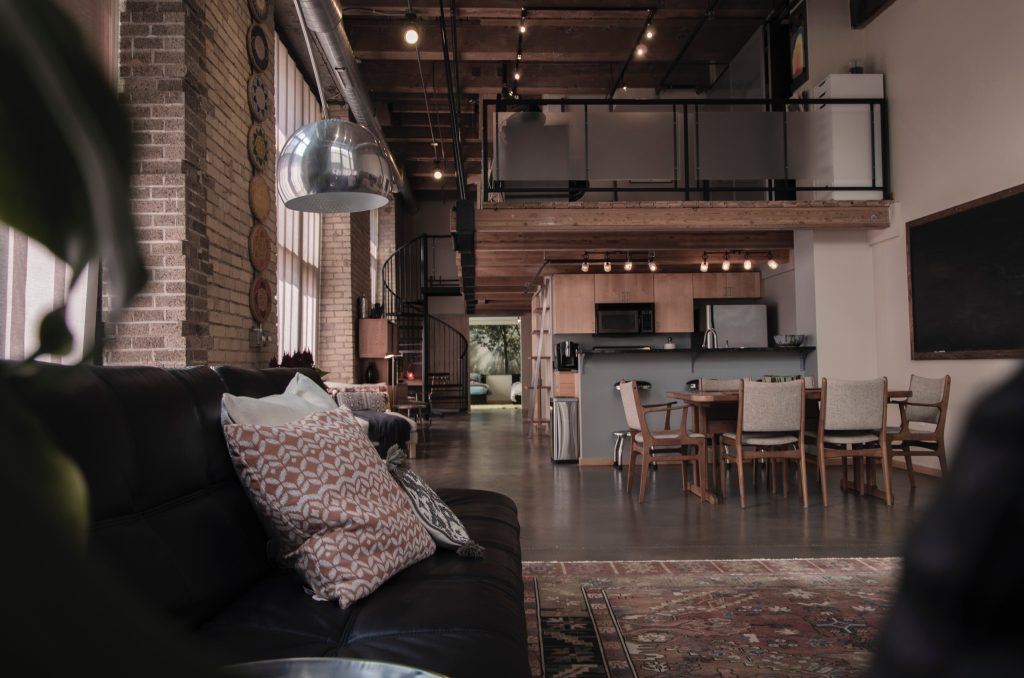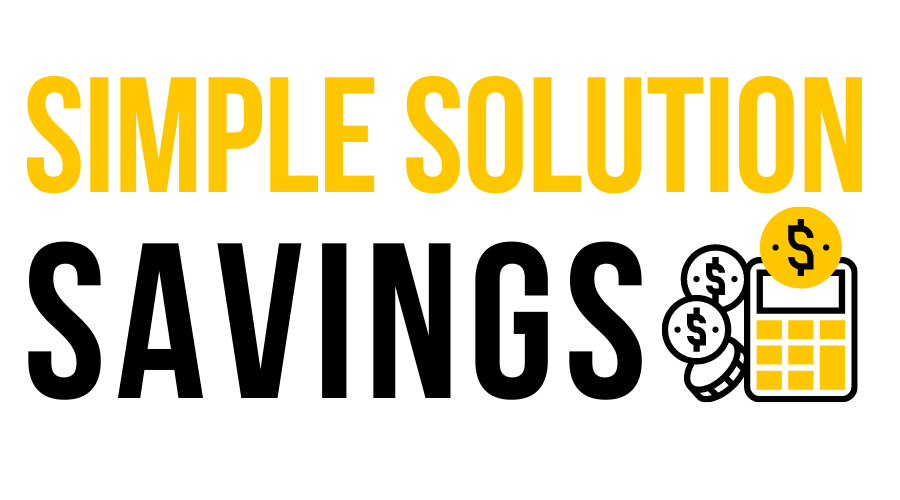
8 Strategies to Help You Purchase a Home With Poor Credit
While life is generally easier with good credit, it’s possible to purchase a home even if you’re credit is less than stellar. You might have to get a little creative and consider a few unconventional options, but there are options. Poor credit doesn’t have to mean a lifetime of renting.
Try these strategies, even if you’re credit isn’t stellar:
- Do your best to clean up your credit. Take the time to challenge any incorrect or negative information. Pay down your credit card balances until they’re less than 30% of the credit limit. Have several months of on-time payments for all of your debt accounts and your utilities. Just a few months can make all the difference.
- Consider an FHA Loan. The government insures FHA loans. Banks love to make these loans, because they know they’re going to get paid, even if the borrower defaults. The eligibility standards are lower, and the presence of a foreclosure or bankruptcy doesn’t exclude your eligibility.
- The required down payment is also quite low at only 3.5%. The down payment can even be acquired via loan or gift from friends, family, or any other entity.
- Use a co-signer. The right co-signer can have a significant impact on your ability to get a mortgage. It’s possible to get a lower interest rate, too. Remember that the loan will also appear on the co-signer’s credit report. Any late payments and other negative information could end up on their credit, too.
- Have a large down payment. The more you can put down on the house, the more likely a lender is to overlook your lower credit score. The bank is much more comfortable loaning 50% of the home’s value versus 80%.
- Purchase a home on contract. In order to get top dollar, there are home sellers that will sell their home to you and accept monthly payments. Some real estate investors use this tactic to sell all of their homes. Be careful of the terms. Ensure you understand what will happen if you are late with a payment.
- Also, look closely at the price and the interest rate. Purchasing a home this way can be expensive.
- Lease to own. This can be a very effective way to purchase a home. More people than you might think are willing to lease a property to you with the expectation that you’ll purchase it by some pre-determined date. A significant portion of the rent is applied to the purchase price of the home. You would typically have 1-2 years to arrange more conventional financing.
- You can usually purchase the home for a fair price and you’ll have a couple of years to put your finances in order.
- Real estate agents and tired landlords are good places to look for leads.
- Speak with a mortgage broker. Go straight to the source. With a quick check of your credit and overall financial situation, you’ll get the advice you need to qualify for a home loan. Take the advice to heart and get busy making the changes they recommend.
- Increase your income. Many of the factors that go into a mortgage approval decision revolve around various financial ratios. Decreasing your debt is one way to improve these ratios. Increasing your income is the other. Consider searching for a higher-paying position or pick up a part-time job.
Having poor credit doesn’t mean home ownership is out of the question. Explore all of your options and make the effort to correct your credit situation as much as possible. Contact a mortgage broker and get some expert advice on how to improve your chances. It’s possible to purchase a home, even with credit challenges.
